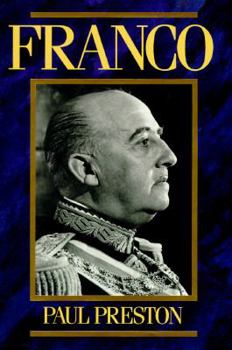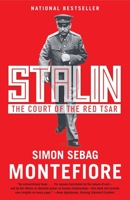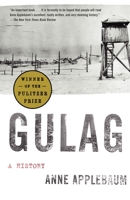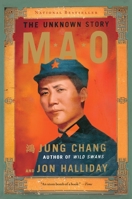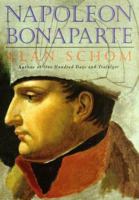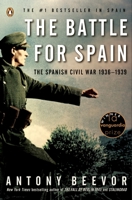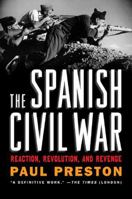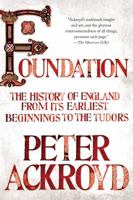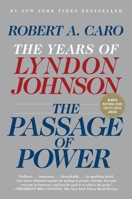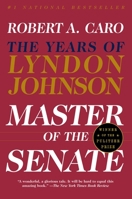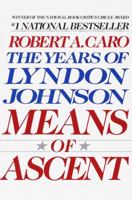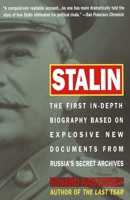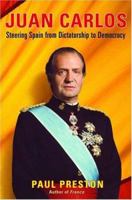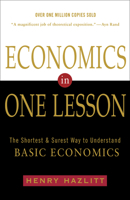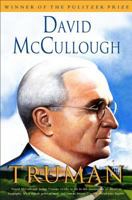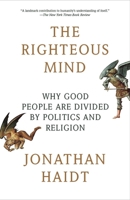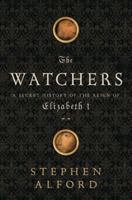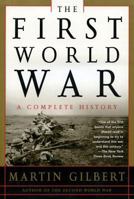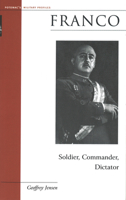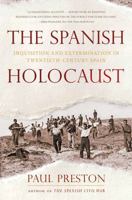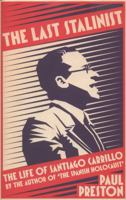Franco a Biography
Select Format
Select Condition 
Book Overview
Related Subjects
Biographical Biographies Biographies & History Biography & History Ethnic & National Europe Fascism Historical History Irish Leaders & Notable People Military Modern (16th-21st Centuries) Political Politics & Government Politics & Social Sciences Portugal Presidents & Heads of State Spain WorldYou Might Also Enjoy
Customer Reviews
Rated 5 starsOne of the most interesting biographies I have read
This is a long, detailed book, but I found it to be excellent. The kinds of biographies I like are ones that bring the historical period alive by showing a view of the world and how the person interacted with it. This book really fit the bill because Franco is not a major historical player. So, the story of World War II from the perspective of Spain (not in the war) was interesting. WWII is always about the active participants...
0Report
Rated 5 starsMust read to understand Spain and the Spaniards
This is a classic and describes a period of Spain's history that has formed post-Franco culture to an important level. Paul Preston has written a very detailed book about this period, well researched and documented; it also reads well and even though most of the readers will know how the story ends (this is what defines 'history')it maintains the tension even when re-reading after some time. The most recent book (I believe...
0Report
Rated 5 starsOutstanding Biography
This is a first rate biography by Prof. Paul Preston, perhaps the leading authority on mid-20th century Spain. Written well and documented superbly, this book offers an unparalleled account of Franco's long career. Preston presents Franco as an unusually able opportunist dedicated to a relatively primitive ideology characterized by narrow nationalism, a virtually paranoid fear of leftism, and reactionary Catholicism. Preston...
0Report
Rated 5 starsThe definitive work
Written from a moderate-left viewpoint, this book is likely the last important biography of Franco. Yes, the author obviously dislikes his subject; but no one can accuse Preston of being less than the consummate historian. Other reviewers have complained about bias. (Regarding a previous review: the family tales that "contradict" Preston's command of the facts are merely anecdotes.) It is impossible to write about Franco...
0Report
Rated 4 starsA bit Repetitive But Novel Biography of Franco
Most reviews of Paul PReston's Franco appear to focus on the tedium of the biography which definitely qualifies as a modern day tome. I must agree that the Preston's work was indeed repitive in that in the seven hundred plus pages only a few points were made. Of course that implies that every point was amply suppourted. Beyond the above mentioned tedium there is some real charm in Preston's biography. Preston creates a...
0Report










